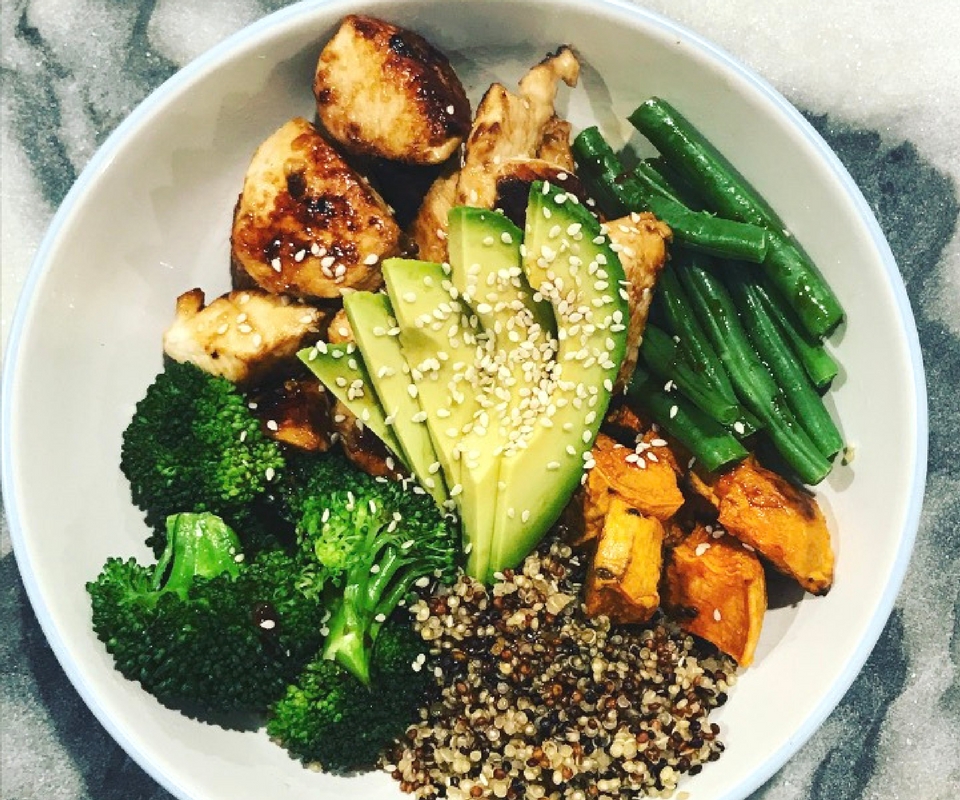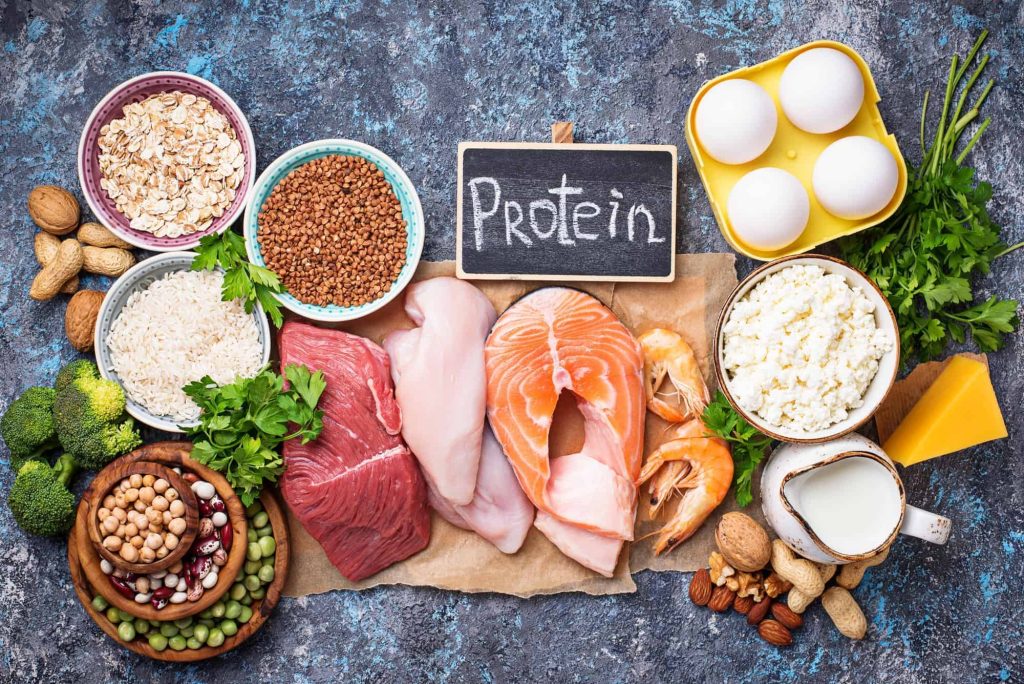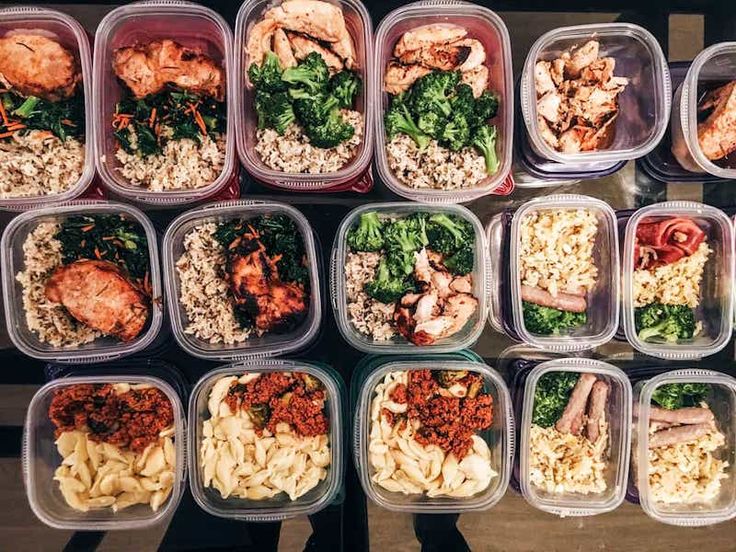
Developing emotional intelligence in relationships is essential for creating and maintaining healthy, meaningful connections. Emotional intelligence is the ability to recognize, understand, and manage one’s own emotions, as well as the emotions of others. It is a key factor in successful relationships, as it helps to foster understanding, empathy, and communication.
The following are some tips for developing emotional intelligence in relationships:
1. Practice self-awareness. Take time to reflect on your own emotions and how they affect your behavior. Consider how your emotions may be impacting your interactions with your partner.
2. Listen actively. When your partner is speaking, focus on what they are saying and try to understand their perspective. Avoid interrupting or offering advice unless asked.
3. Communicate openly. Share your thoughts and feelings with your partner in a respectful manner. Be honest and direct, but also be mindful of your partner’s feelings.
4. Show empathy. Put yourself in your partner’s shoes and try to understand their feelings. Showing empathy can help to build trust and strengthen your bond.
5. Practice self-regulation. When emotions become overwhelming, take a step back and practice self-regulation. Take a few deep breaths, go for a walk, or do something else to help you calm down.
By following these tips, you can develop emotional intelligence in your relationships and create a stronger, more meaningful connection with your partner.
The Benefits of Open Communication in Relationships
Open communication is essential for any healthy relationship. It allows partners to express their feelings, thoughts, and concerns in a safe and respectful manner. When communication is open, it can help to build trust, understanding, and intimacy between partners.
Open communication encourages partners to be honest and vulnerable with each other. This can help to create a deeper connection and understanding between them. When partners are able to express their feelings and thoughts openly, it can help to reduce misunderstandings and disagreements. Open communication also allows partners to work through any issues that may arise in the relationship.
Open communication can also help to strengthen the bond between partners. When partners are able to communicate openly, it can help to create a sense of safety and security in the relationship. This can help to foster a deeper level of trust and understanding between partners.
Open communication can also help to improve problem-solving skills. When partners are able to communicate openly, they can work together to find solutions to any issues that may arise. This can help to reduce conflict and create a more harmonious relationship.
Finally, open communication can help to create a more positive atmosphere in the relationship. When partners are able to communicate openly, it can help to reduce stress and create a more relaxed and enjoyable atmosphere. This can help to create a more positive and fulfilling relationship.
In conclusion, open communication is essential for any healthy relationship. It allows partners to express their feelings, thoughts, and concerns in a safe and respectful manner. Open communication can help to build trust, understanding, and intimacy between partners. It can also help to strengthen the bond between partners, improve problem-solving skills, and create a more positive atmosphere in the relationship.
The Role of Empathy in Navigating Relationships
Empathy is an essential tool for navigating relationships. It is the ability to understand and share the feelings of another person. Empathy is a powerful tool for building relationships, as it allows us to connect with others on a deeper level. It helps us to understand the perspectives of others, and to better appreciate their feelings and experiences.
Empathy is a key component of successful relationships. It allows us to better understand the needs and feelings of our partners, and to respond to them in a more meaningful way. Empathy helps us to be more compassionate and understanding, and to be more patient and tolerant of our partners. It also helps us to be more open and honest in our communication, and to be more supportive and encouraging.
Empathy is also important for resolving conflicts. It allows us to better understand the perspectives of our partners, and to be more understanding and forgiving. It helps us to be more patient and understanding, and to be more willing to compromise and find solutions that are mutually beneficial.
Empathy is also important for maintaining relationships. It helps us to be more understanding and supportive of our partners, and to be more patient and tolerant of their flaws. It also helps us to be more open and honest in our communication, and to be more willing to listen and understand.
In summary, empathy is an essential tool for navigating relationships. It helps us to better understand the perspectives of our partners, and to be more compassionate and understanding. It also helps us to be more patient and tolerant, and to be more open and honest in our communication. Empathy is a powerful tool for building relationships, resolving conflicts, and maintaining relationships.







